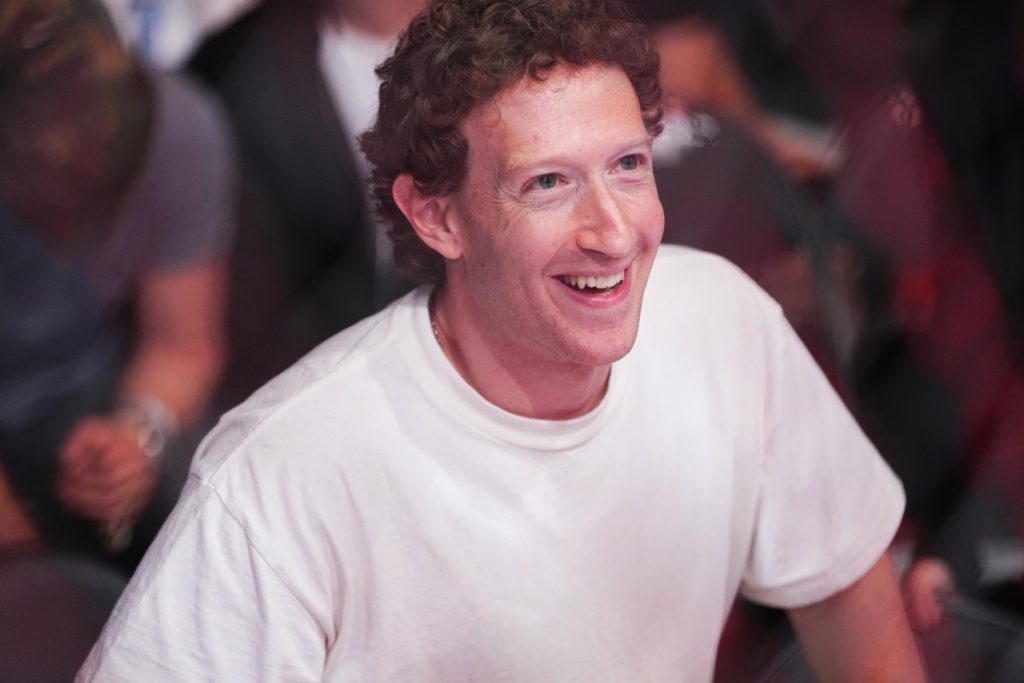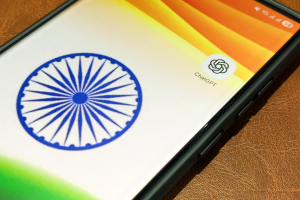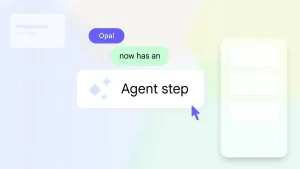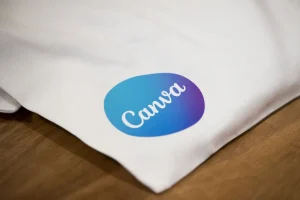Zuckerberg’s AI Vision for Content Creators: A New Digital Frontier

Mark Zuckerberg has a bold idea. In a recent interview with Rowan Cheung, he shared a vision where AI helps content creators expand their reach. He believes that AI could revolutionize the way creators interact with their audience, making it easier for them to manage tasks and stay engaged. However, this vision is not without its challenges. AI technology, particularly Meta’s new Llama 3.1 model, still has several kinks to iron out. From bizarre interactions to trust issues, the road ahead is full of obstacles. Despite these hurdles, Zuckerberg remains optimistic about the future of AI in content creation.
The Vision of AI in Content Creation
Content creators are busy people. Most spend more than 20 hours a week creating new content for their respective corners of the web. That doesn’t leave much time for audience engagement. But Mark Zuckerberg, Meta’s CEO, thinks that AI could solve this problem. He envisions a future where creators have their own bots that capture their personalities and “business objectives.”
Creators could offload some community outreach tasks to these bots, freeing up time for other, presumably more important activities. Zuckerberg explains, “I think there’s going to be a huge unlock where basically every creator can pull in all their information from social media and train these systems to reflect their values and their objectives and what they’re trying to do, and then people can interact with that.”
According to Zuckerberg, it will be like having an “artistic artifact” that people can interact with in different ways. This thinking is common in many techno-optimist circles: that AI is an inherent good because it promises to vastly scale up the impact a single person or organization can have.
Potential Pitfalls and Challenges
However, there are concerns. Generative AI tech, like Meta’s recently rolled out AI-powered bots, has shown significant issues. For instance, some bots have had bizarre interactions, such as falsely claiming to have a child in the NYC school district or offering to give away nonexistent items.
These issues highlight the ongoing challenges with generative AI, which still faces problems like hallucinations and mistakes in planning and reasoning. Therefore, while Meta’s AI is improving, it’s clear that there’s a long way to go before such technology can be fully trusted.
It’s tough to imagine creators putting trust in flawed AI bots for fan interactions. Zuckerberg acknowledges the need to “mitigate some of the concerns” around the use of generative AI and build long-term user trust, especially as some of Meta’s AI training practices are actively driving creators away from its platforms.
The State of Meta’s AI Technology
Meta claims its latest release, the Llama 3.1 model family, is its most sophisticated yet. This model powers various features across Meta’s platforms and shows significant improvements, according to the company’s benchmarks.
Even so, the fundamental problems of hallucinations and errors in reasoning remain unsolved. Hence, creators and users alike may still hesitate to fully embrace this technology until these issues are adequately addressed.
Meta’s credibility in the AI space is on the line. To garner trust, there must be consistent improvements and transparency about the technology’s limitations and potential.
The Broader Impact of AI on Creators
The idea of using AI to scale up content creation and interaction brings up questions about authenticity. Can AI genuinely replicate the unique voice and style of a creator? More importantly, can it maintain the personalized touch that audiences value so much?
Some creators might embrace the technology for efficiency, while others could resist it, fearing it might dilute their brand. The debate is ongoing, and it will be interesting to see how the community adapts to these advancements.
As AI continues to evolve, its role in content creation will likely expand. The key will be finding a balance between automation and authenticity, ensuring that the personal touch isn’t lost in the process.
Zuckerberg’s Stance on AI Integration
In the interview, Zuckerberg remains optimistic about AI’s potential, but he is also aware of the challenges. He emphasizes the need for a cautious and thoughtful approach to integrating AI into content creation.
Winning user trust is essential. To do so, Meta must address the current flaws in its AI systems and demonstrate tangible improvements.
Conclusion
In summary, the vision of AI-driven content creation presents exciting possibilities but also significant challenges. It’s a complex issue that will require careful consideration and continuous improvement to ensure it benefits creators and their audiences alike.
In closing, Zuckerberg’s vision for AI-driven content creation opens up exciting possibilities but comes with notable challenges. The effectiveness of these AI bots hinges on resolving current technological flaws and building trust among users. While the potential for scaling interactions is immense, the journey toward widespread acceptance and utility requires careful, thoughtful steps forward. Both creators and platforms need to balance innovation with authenticity to truly benefit from this evolving technology.





